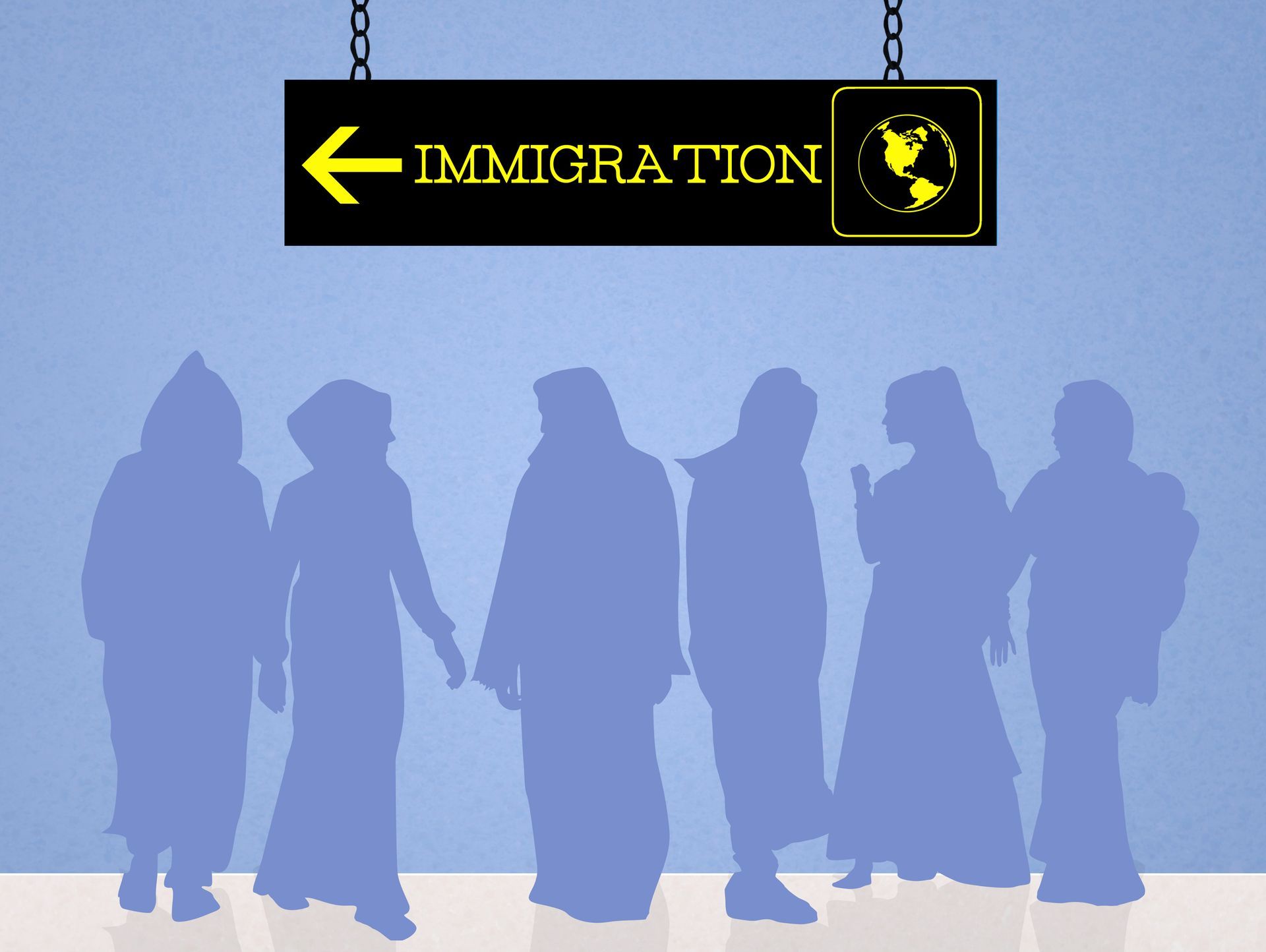Key Findings from the American Immigration Council's Report on Mass Deportation
Key Findings from the American Immigration Council's Report on Mass Deportation
With the 2024 presidential elections around the corner, discussions of immigration policy are at the forefront of the conversation. Unsurprisingly, Donald Trump continues to promote mass deportation rhetoric and policies. His 2024 platform promises to carry out the largest deportation operation in American history. The American Immigration Council recently published a special report, Mass Deportation: Devastating Costs to America, Its Budget and Economy. The report sheds light on the consequences of mass deportation policies.
The report highlights that such policies not only impact families facing deportation, but also have profound fiscal and economic costs to the United States.
A few key highlights from the report include:
- There are an estimated 11 million people living in the United States lacking permanent legal status and facing the possibility of removal.
- Mass deportation policies would separate 8.5 million U.S. citizens from their family members.
- A one-time mass deportation operation would cost the U.S. at least $315 billion. The cost of completing one million deportations per year would be $88 billion annually.
- Mass deportation would exacerbate the U.S. labor shortage, with some industries losing more than 30% of their workers. Industries reliant on this labor force would face significant challenges, affecting economic stability.
- The U.S. would lose $22.6 million contributed annually to Social Security and $5.7 billion contributed annually to Medicare.
- The U.S. would lose billions of dollars in tax contributions. In 2022 alone, undocumented households paid $46.8 billion in federal taxes and $29.3 billion in state and local taxes.
- Mass deportation policies would cause a loss of 4.2-6.8% of the annual U.S. GDP. This rivals the 4.3% decrease during the Great Recession.
It is abundantly clear that mass deportation policies will harm our families, communities, and the economy. Click here to take action and send this report to your elected official.












